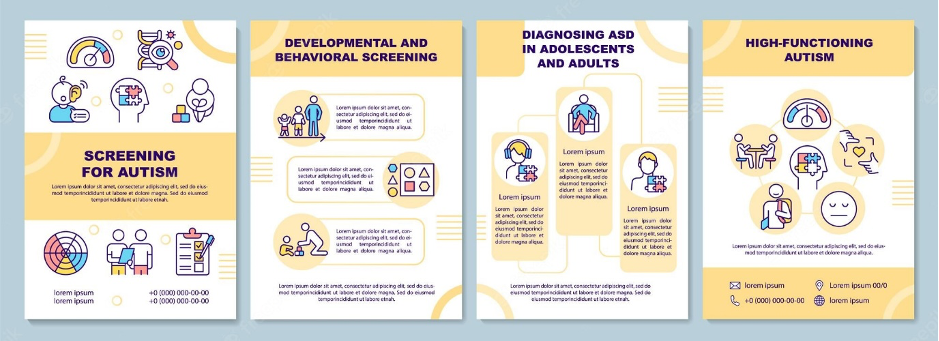Adults with autism spectrum disorder (ASD) often face social isolation, discrimination, and other challenges throughout their lives. This can be especially challenging when they reach adulthood, which is a time when most people begin to build more independent lives. In this post, we’ll cover some ways that you can support someone with ASD as they navigate adulthood. We’ll also talk about how you can help them build relationships and have other positive experiences. If you know someone who has been diagnosed with ASD or if you are a friend of someone with ASD, there are many things that you can do to support them. They may need your help in different areas of their life. While this might seem like a heavyweight to take on for simply knowing someone who has autism, the truth is that it is much easier to support friends or family members than strangers at random.
Know their Strengths and Limitations
The first step in helping a person with ASD is to know their strengths and limitations. This will help you to understand how to help them with certain issues, such as how to approach a person who may have difficulty with social interactions. You can learn about the different ways that ASD can affect a person by reading information online, talking with a doctor, or connecting with other people who have ASD. People with ASD have different abilities and challenges, just like everyone else. It is important to recognize both so that you can support them in the areas where they need it most. You will also avoid treating them like they’re broken if they have difficulties in certain areas.

Be an Advocate
If a person with ASD is experiencing challenges in their life, you can help them by becoming an advocate for them. This could mean anything from helping them navigate the healthcare system to providing support in their legal battle if they are facing discrimination. If they have a diagnosis of ASD, they may have trouble accessing services. While some organizations have worked to make sure that people with ASD are fully included, other organizations or systems may still be difficult to navigate. You can help by learning about the system and becoming an advocate for your friend or family member.

Help them Build Relationships
Depending on their age, a person with ASD may not have many friends or romantic relationships. They may be unable to approach people and build connections, or they may be too anxious or uncomfortable to interact with others. You can help your friend or family member build relationships by setting up opportunities for them to meet new people. You could invite them to events where they could make new friends, help them join clubs or activities where they can make connections, or help them get a job that requires interaction with coworkers. If they have a partner, partner relationships often bring challenges for people with ASD. You can help these relationships by supporting both partners and helping them navigate the unique challenges of a relationship with someone who has ASD.

Celebrate their Achievements
One of the hardest parts of having ASD is facing the constant feeling of being behind and not measuring up. People with ASD often have high expectations for themselves, but they may struggle to meet those expectations. You can help them stay motivated through the ups and downs of life by celebrating their achievements. While it is important to be supportive when they are struggling, it is also important to acknowledge their victories. If a person with ASD has a job, help them celebrate their first paycheck. If they have a friend, help them celebrate their first date.

Bottom Line
No two people with ASD are the same, and each person will experience the condition differently. You can support a person with ASD by learning about their specific needs, strengths, and challenges. Above all, remember to be patient and compassionate. You can help a person with ASD make progress in their life by being there for them, being supportive, and helping them find the resources they need.



